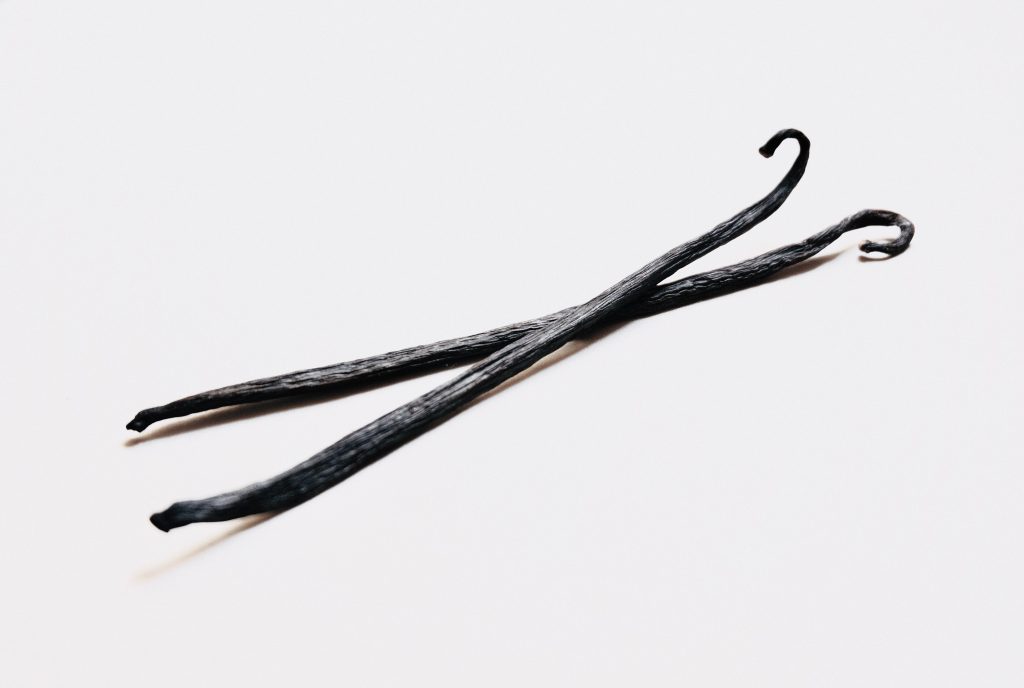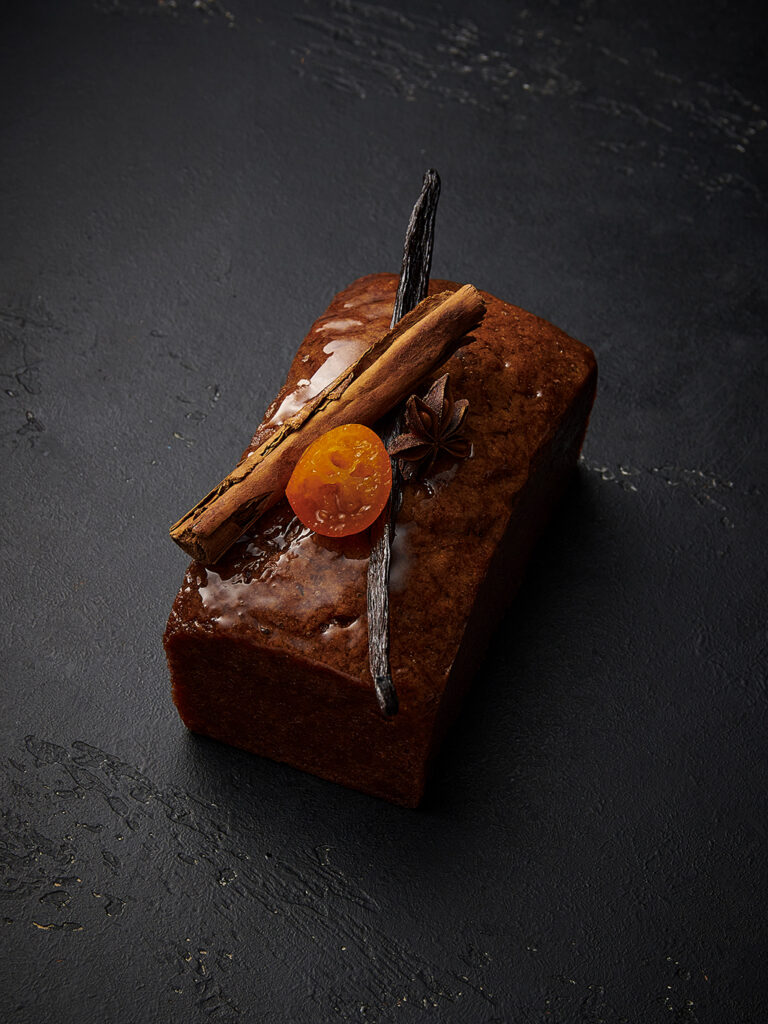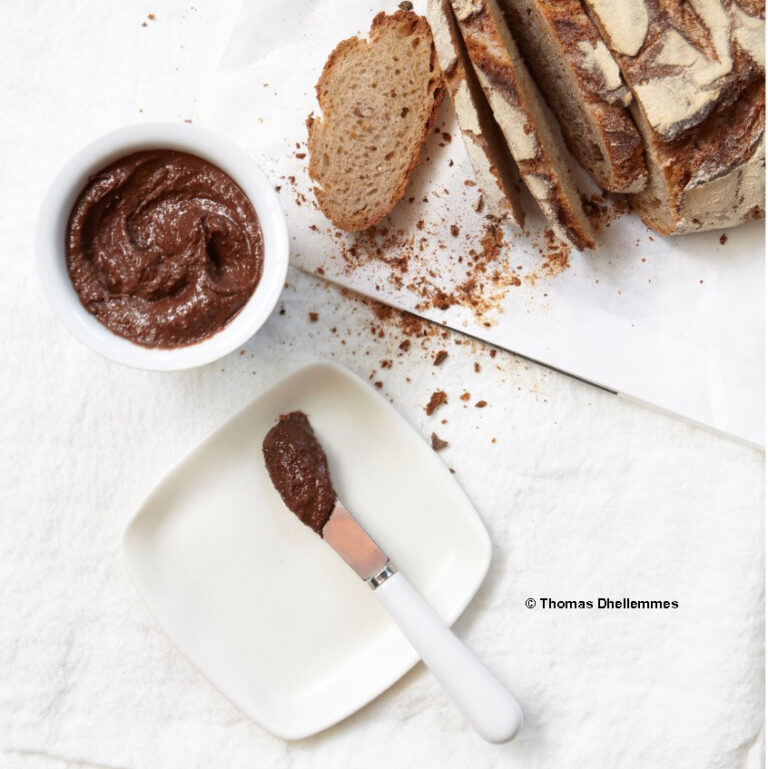The first Europeans to taste vanilla were Cortes and his soldiers when they were received by Emperor Montezuma and offered an unsweetened cocoa drink, to which the Aztecs added tlilxot chitl, the ‘black pod’, to reduce the bitterness. Columbus brought the pod back to Spain in 1518 and Spaniards, enthused by the new aroma, gave it a ‘christian’ name, meaning a latin name: Bainilla, which is a diminutive of Vaina, a ‘sheath’. Variations of this have prevailed ever since, and the etymological adventure has had the pod lose its colour. France got to know vanilla thanks to British buccaneering and their seizing of Spanish shipments. The fist mention of it is to be found in a publication translated from English, in the latter third of the seventeenth century: “fruit of the vanilla plant which, when dried, is used as aroma in pastry, sweets and perfumes”. The first recipe of a vanilla flavoured pudding was in fact published in England by Hugo Morgan, a patissier, and the cake was meant as a present to Queen Elizabeth I.

The fruit of an orchid, vanilla only releases its scents after fermenting. This is a natural process in humus, which soon became controlled. The system of fertilization remained unknown for a long time, however, and it was not until the beginning of the nineteenth century that a bee was discovered to play an essential role in the pollination of this orchid. No better replacement for this was found that the hand of man, one flower after one. Vanilla consumed until then could only be wild vanilla, therefore, imported from its region of origin, Mexico, despite the wish to grow it elsewhere. ‘Bourbon’ vanilla comes from the Indian Ocean, Madagascar growing the most renowned pod of the area. Vanilla from Tahiti comes from another variety; it has a slight aniseed flavour, which is highly prized. In South-East Asia, vanilla is used as spice in salty dishes. A must read is the very beautiful book written by Nicolas Bouvier, Une orchidée qu’on appela vanille (An orchid called vanilla); it will make you dream.
Benedict Beaugé


